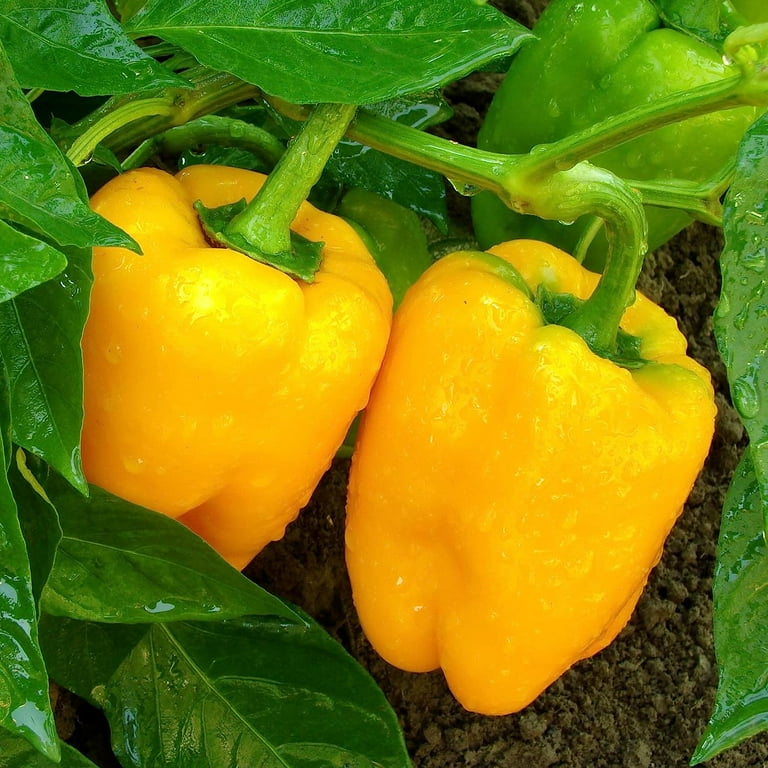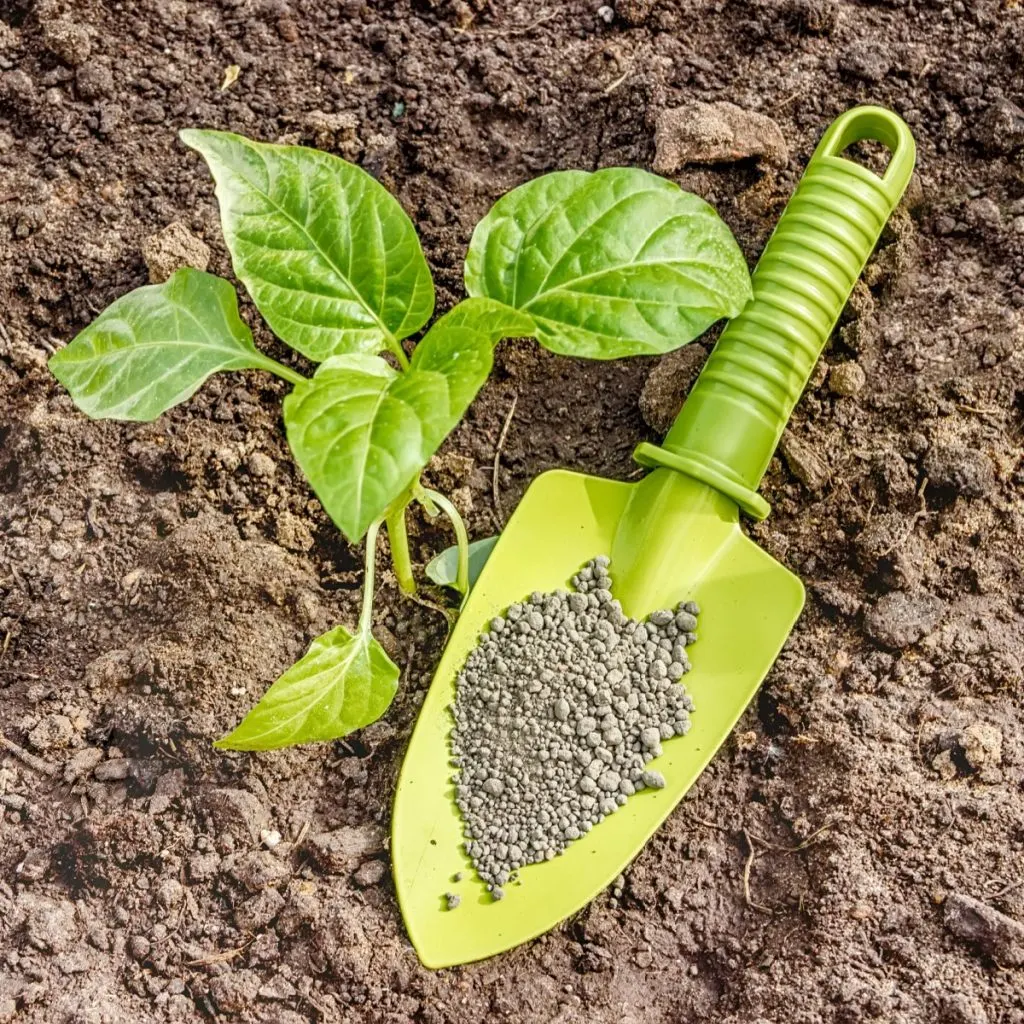Best Fertilizers for Peppers: Make The Most Of Plant Health and Yield
Best Fertilizers for Peppers: Make The Most Of Plant Health and Yield
Blog Article
How Fertilizers Play a Vital Duty in Cultivating Plentiful and healthy and balanced Pepper Crops
Plant foods work as the backbone of effective pepper farming, supplying a strategic approach to nourishing the dirt and cultivating optimum plant development. The intricate dancing in between crucial nutrients and the pepper plants' physical procedures highlights the crucial function that fertilizers play in guaranteeing a bountiful harvest. From fueling durable origin advancement to bolstering disease resistance, the impact of plant foods is significant in the growing of healthy and rewarding pepper crops. Stay tuned to reveal the nuanced methods which fertilizers add to the growing of pepper plants and the sustainable practices that underpin their efficiency.
Significance of Nutrient-Rich Plant Foods
The use of nutrient-rich plant foods plays an essential role in enhancing the efficiency and top quality of pepper plants in modern agricultural methods. Phosphorus, nitrogen, and potassium are key nutrients that are crucial for the growth and development of pepper plants.
Poor degrees of these nutrients can bring about stunted development, minimized returns, and vulnerability to illness (best fertilizers for peppers). Nutrient-rich fertilizers offer a targeted service to ensure that pepper plants receive the necessary elements for optimum development and efficiency. Additionally, these fertilizers aid boost dirt fertility in time, creating a sustainable setting for long-lasting pepper growing
Enhancing Plant Development and Growth
To maximize plant growth and development in pepper plants, calculated application of nutrient-rich fertilizers is essential. Fertilizers play an important role in boosting the total health and wellness and productivity of pepper plants by providing them with crucial nutrients that may be lacking in the dirt. Phosphorus, nitrogen, and potassium are primary macronutrients needed in huge quantities by peppers for durable development. Nitrogen help in leafy environment-friendly development and overall plant vitality, phosphorus sustains origin development and blossom development, while potassium adds to condition resistance and fruit top quality.
In addition to these macronutrients, micronutrients such as zinc, magnesium, and iron are additionally vital for the appropriate functioning of numerous plant processes. Iron, for example, is needed for chlorophyll production, which is necessary for photosynthesis and general plant development. Zinc plays a crucial function in enzyme task and hormonal agent synthesis, influencing plant growth and growth at a cellular level. Magnesium is necessary for the formation of chlorophyll and general power transfer within the plant.

Boosting Disease Resistance With Plant Foods
By strategically including targeted fertilizers, farmers can boost the illness resistance of pepper crops, making sure ideal plant wellness and performance. Plant foods having essential nutrients like phosphorus, nitrogen, and potassium play a critical duty in reinforcing pepper plants' body immune systems, making them a lot more resistant to different conditions. Nitrogen, as an example, help in the production of healthy proteins that are vital for plant defense reaction. Phosphorus adds to root development, making it possible for plants to better soak up nutrients and water, thus improving their capacity to repel illness. Potassium controls procedures that enhance general plant health and wellness, making peppers more durable versus microorganisms.

Optimizing Pepper Return With Fertilizing
Utilizing a balanced fertilizing technique is vital to accomplishing optimum pepper return and guaranteeing ideal crop performance. By providing peppers with the ideal nutrients at the correct time, farmers can substantially enhance their yield potential. Potassium, phosphorus, and nitrogen are important aspects for pepper development, with nitrogen aiding in fallen leave and stem advancement, phosphorus sustaining origin growth and flower formation, and potassium advertising general plant health and wellness.
To make the most of pepper yield, it is vital to conduct soil tests to identify existing Homepage nutrient levels and determine any deficiencies that require to be resolved. Based upon these outcomes, farmers can develop a customized fertilizing strategy that satisfies the certain needs of their pepper crops. In addition, correct fertilization methods such as split applications throughout the expanding season can guarantee constant nutrient accessibility for the plants.

Sustainable Fertilizer Practices for Peppers
In thinking about sustainable fertilizer practices for peppers, it is necessary to concentrate on lasting dirt wellness and ecological stewardship together with making the most of plant performance. Sustainable fertilizer methods aim to boost or preserve dirt fertility while lessening adverse environmental impacts. One vital method is using organic plant foods such as garden compost, manure, or cover crops, which not only supply vital nutrients to the peppers but also add to dirt framework and microbial activity. These organic choices assist build raw material in the dirt, improving its capacity to preserve water and nutrients, therefore supporting long-lasting plant wellness and durability.
Furthermore, accuracy farming methods, such as dirt testing and targeted nutrient applications, can assist optimize fertilizer use, guaranteeing that peppers get the nutrients they need without visit this site right here excess drainage into waterways. This not only benefits the environment by reducing pollution however additionally saves costs for farmers by reducing waste. By embracing lasting plant food techniques, pepper growers can protect the wellness of their plants, soil, and bordering environments for future generations.
Conclusion
To conclude, plant foods are necessary for growing bountiful and healthy and balanced pepper crops. best fertilizers for peppers. They give essential nutrients for plant development and advancement, boost condition resistance, and maximize yield. By executing sustainable plant food methods, farmers can guarantee the long-term health and wellness of their pepper crops and contribute to a more reliable and environmentally-friendly agricultural system
The intricate dancing in between essential nutrients and the pepper plants' physical processes underscores the essential duty that plant pop over to this site foods play in making sure a bountiful harvest.To enhance plant development and advancement in pepper crops, calculated application of nutrient-rich fertilizers is important. Plant foods play a crucial role in boosting the overall wellness and efficiency of pepper plants by providing them with crucial nutrients that may be doing not have in the soil.By strategically including targeted fertilizers, farmers can strengthen the illness resistance of pepper plants, making sure optimal plant health and wellness and efficiency. Plant foods consisting of vital nutrients like nitrogen, potassium, and phosphorus play an essential duty in enhancing pepper plants' immune systems, making them more durable to various illness.
Report this page